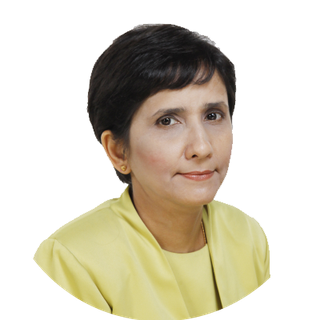Singapore's ageing population presses for new way to build private eldercare facilities

WHEN a government tender closed last year for a sprawling site along Gibraltar Crescent in Sembawang near Singapore's northern coast for a proposed dementia care village, it drew just one bid, S$15 million.
While the concept proposal was acceptable to the authorities, the bid price was deemed too low - resulting in the tender for the 30-year leasehold site not being awarded.
"Perhaps this shows the difficulty of paying full upfront land price for a project that relies on long-term revenue," says JLL Singapore's senior director of research and consultancy, Ong Teck Hui.
That the concept had been put out on the market was an acknowledgement that Singapore's rapidly ageing population is throwing up new needs in real estate. Official data show the percentage of the resident population here that is 65 years and above has risen steadily from 7.2 per cent in 2000 to 9 per cent in 2010 and hit 15.2 per cent in 2020.
An ageing population will create both challenges and opportunities for the Singapore property market. It may also mean breaking away from current models, including on how land price has to be paid.
One immediate effect of an ageing population will be increased demand for privately developed projects for assisted/care facilities to augment initiatives by the public sector. But for these enterprises to take off, they cannot afford to be burdened with high upfront land cost.
A NEWSLETTER FOR YOU

Property Insights
Get an exclusive analysis of real estate and property news in Singapore and beyond.
A possible solution may be to take a leaf out of JTC Corporation's book.
When JTC allocates land to industrialists, they have a choice to pay either an upfront lump sum land price for, say, a 30-year lease term, or a monthly land rent over that period. The option of paying land rent - also known as ground rent - helps to ease cashflow for businesses.
Similarly, when it comes to providing affordable long-term care facilities to a wider spectrum of the elderly, says Mr Ong, "the conventional develop-and-sell model for typical Government Land Sales private residential sites which is oriented towards profit maximisation and drives up land prices, is unlikely to work".
"Instead, a develop-and-operate model would be more appropriate and more ideally based on a low upfront land price cum ground rent or a purely ground rent model for, say, a 30-year leasehold tenure with an option to renew for a further 30 years.
"Such a model could keep costs manageable and provide affordable accommodation and care for elderly residents."
READ MORE: What Singapore's ageing population could mean for the property market
BT is now on Telegram!
For daily updates on weekdays and specially selected content for the weekend. Subscribe to t.me/BizTimes
Property
Far East Shopping Centre back on market at unchanged S$928 million asking price
London mansions sold at 30% discount spell gloom for luxury market
Delfi Orchard up for collective sale at S$438 million guide price
US existing home sales drop in March; median price increases
German home building permits tumble 18% in February, extending rout
China national who had Singaporeans front plan to buy East Coast houses pleads guilty
